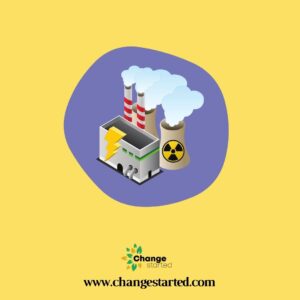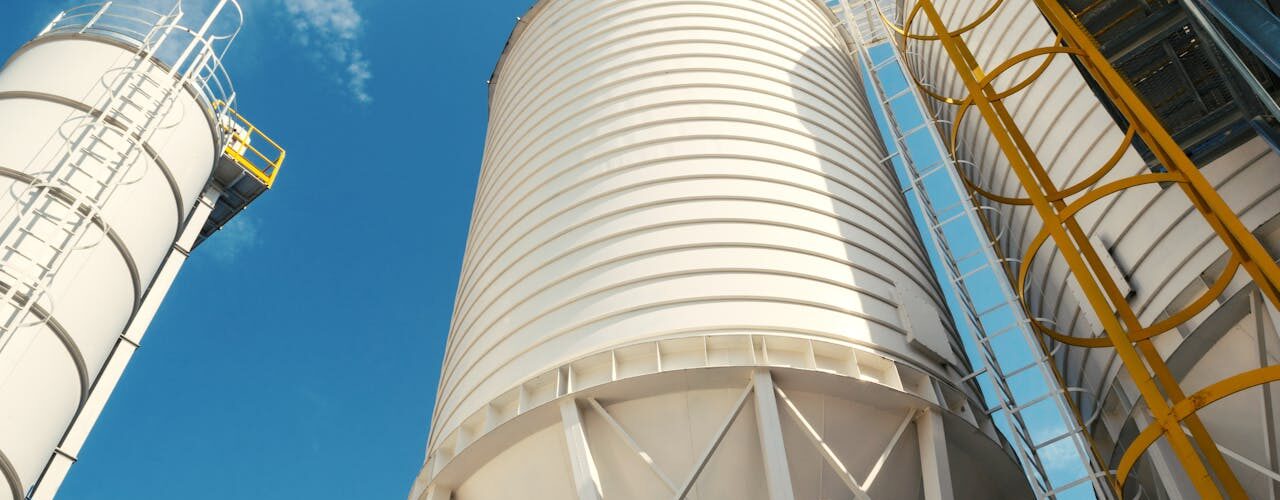In the financial budget presented by the Indian government in July 2024, Finance Minister, Nirmala Sitharaman alluded to emphasized that nuclear energy is expected to form a significant part of the energy mix.
She has further said that the government will partner with the private sector to set up small reactors and focus on research and development of newer technologies for nuclear energy.
On the last day of the 2024 calendar, Nuclear Power Corporation of India Limited invited proposals from Indian companies to set up 220 MW Bharat Small Reactors (BSR) for captive use.
It is a historical moment in India’s clean energy journey as it is the first time the nuclear sector is available for private Indian businesses.

Though nuclear energy is not a renewable source like solar and wind, it has emerged as the front-runner in the clean energy transition as it offers large-scale energy without significant greenhouse gas emissions.
BSRs are 220 MW Pressurised Heavy Water Reactors (PHWR) that use slightly enriched uranium as a fuel and are water-cooled offering safety, and good performance. In addition, they are compact and tailored for captive use.
Currently, 15 Bharat Small Reactors of 220 MW capacity are being operated in India.
Bharat Small Reactors can provide a sustainable solution for the decarbonization of hard-to-abate industries like steel, aluminium, copper and cement industries.
It would help these industries secure economic benefits resulting from savings in carbon emission-related taxes thus increasing the competitiveness of their products in the global markets.
India’s nuclear sector has been regulated under the Atomic Energy Act, of 1962.
Government-owned Nuclear Power Corporation of India Limited (NPCIL) is the only entity that undertakes the design, construction, operation and maintenance of atomic power stations for electricity generation.
NPCIL was created in September 1987 and is administered by the Department of Atomic Energy. As of December 2024, the NPCIL operates 24 nuclear reactors at seven locations, with a total installed capacity of 8.18 GW (as of November 2024).
There has been no private sector involvement in India’s nuclear power sector.
Public-Private Partnership for India’s Nuclear Sector
Through this Request for Proposals (RFP), the government wants private sector investments without compromising on control. The proposal has laid down stringent terms and conditions.
In the proposal, it is mentioned that the companies that will set up the small nuclear reactor are expected to use the power to meet their captive power requirements. If the business sells the electricity to other customers the tariff will be determined by the Department of Atomic Energy as per the Atomic Energy Act, 1962 (especially Section 22 thereof).
The entire funding, required for capital expenditure and operating expenditure is to be borne by the business but the project is to be constructed under the supervision and control of the NPCIL, and on completion, the asset is to be transferred to NPCIL for operation.
All the activities from site selection, design, construction, commissioning, operation and decommissioning of a Nuclear Power Plant (NPP) are to be regulated by the Indian Nuclear Regulator i.e., the Atomic Energy Regulatory Board (AERB).
It will be interesting to see if large Indian energy companies like TATA Power and JSW Energy respond to the government’s proposal and take a plunge in the emerging nuclear sector.
In 2023, when India’s Prime Minister Narendra Modi went on his first official state visit to the United States, the two countries had a special focus on cooperation in the climate and clean energy sector.
Apart from the collaboration in solar energy, green hydrogen, and electric vehicles, there was a special reference underscoring nuclear energy as an important tool in global decarbonization efforts.
Nuclear energy emerged as a necessary source to meet energy transition and energy security needs whereby the development of next-generation small modular reactor technologies for the domestic market and export was discussed.
Even France-India bilateral relationship has provisions to establish a partnership on low and medium-power modular reactors or Small Modular Reactors (SMR).
Want to know more about Nuclear Energy? Read here.






Add comment